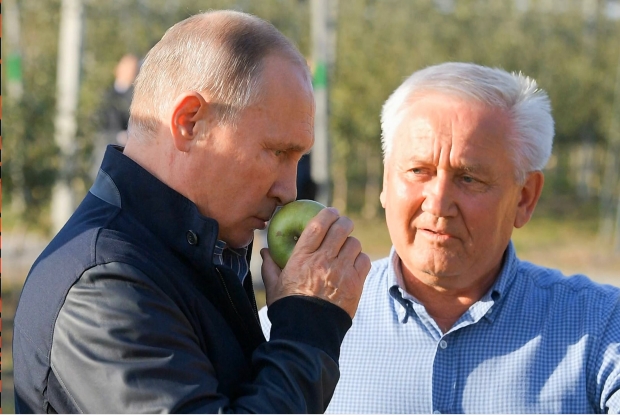Some of the accounts were linked to state-owned news agency Sputnik.
Sputnik attacked the social network for a decision it said was political and amounted to censorship of seven Facebook pages belonging to its news hubs in neighbouring countries.
Facebook's head of cybersecurity policy, Nathaniel Gleicher, wrote in his bog it had unearthed two separate operations which originated in Russia, with one active in multiple countries across eastern Europe and the other specific to Ukraine.
The social media company said it had taken down about 364 Facebook pages and accounts operating in Baltic Sea states, Central Asia, the Caucasus, and parts of Europe, and that the pages were linked to Sputnik employees.
“Despite the misrepresentations of their identities, we found that these pages and accounts were linked to employees of Sputnik”, Gleicher wrote.
“Some of the pages frequently posted about topics like the anti-NATO sentiment, protest movements and anti-corruption.”
Facebook has been under fire for the last two years for its admitted sluggishness in developing tools to combat extremist content and propaganda operations.
It and other social media companies have targeted foreign interference on their platforms after criticism that they did not do enough to detect, halt and disclose Russian efforts to influence the outcome of the 2016 US presidential race.
Iran and Russia have both denied allegations that they used social media platforms to launch disinformation campaigns, but Facebook and Twitter took down millions of posts and shuttered accounts linked to influence operations in the run-up to mid-term elections last November.
Facebook also said that based on a tip from US coppers, it had separately removed 107 pages, groups, and accounts and 41 Instagram accounts that originated in Russia and operated in Ukraine.
“We didn’t find any links between these operations, but they used similar tactics by creating networks of accounts to mislead others about who they were and what they were doing,” the company said.




